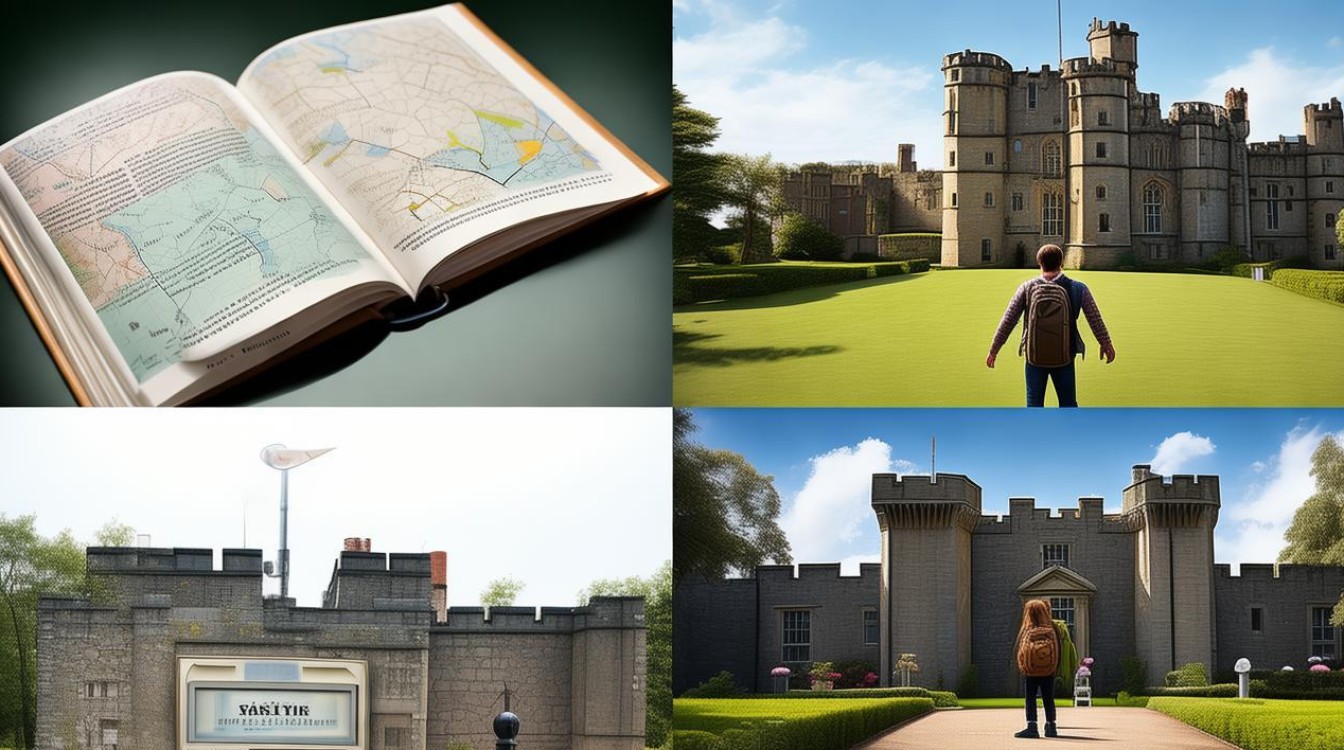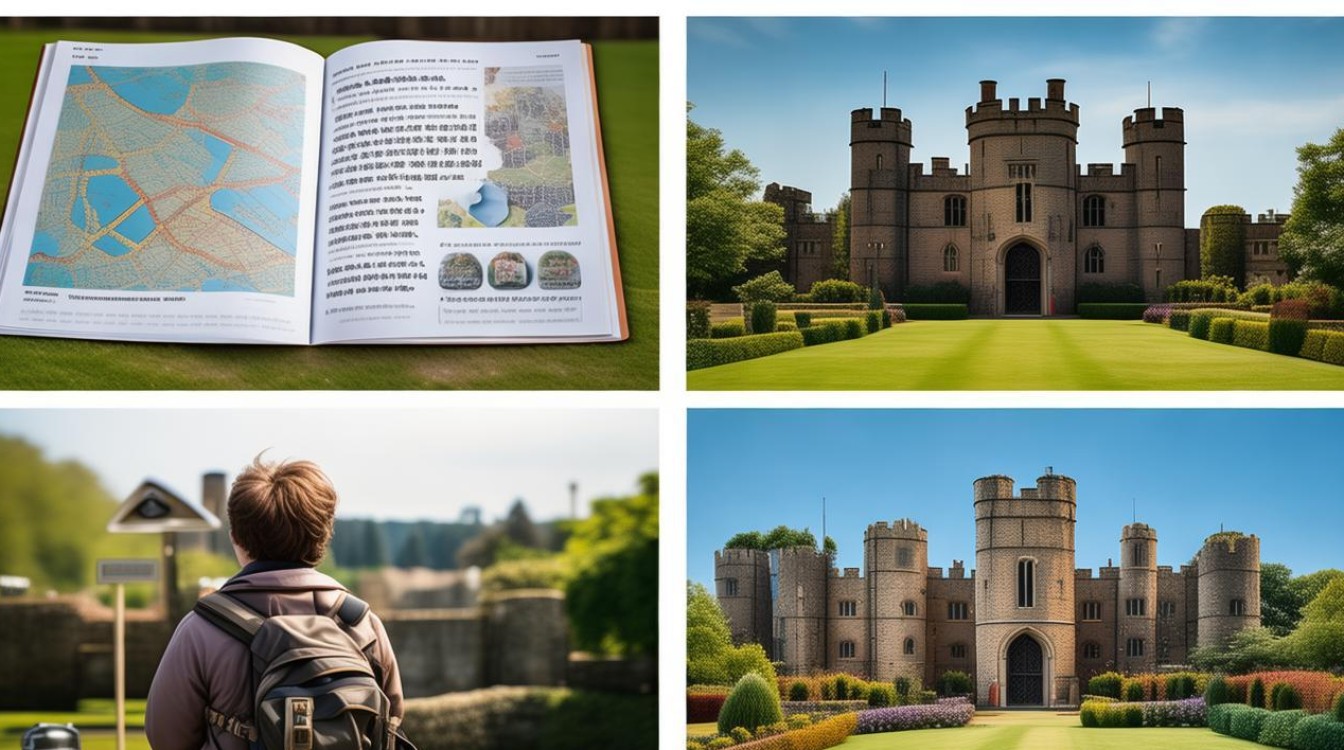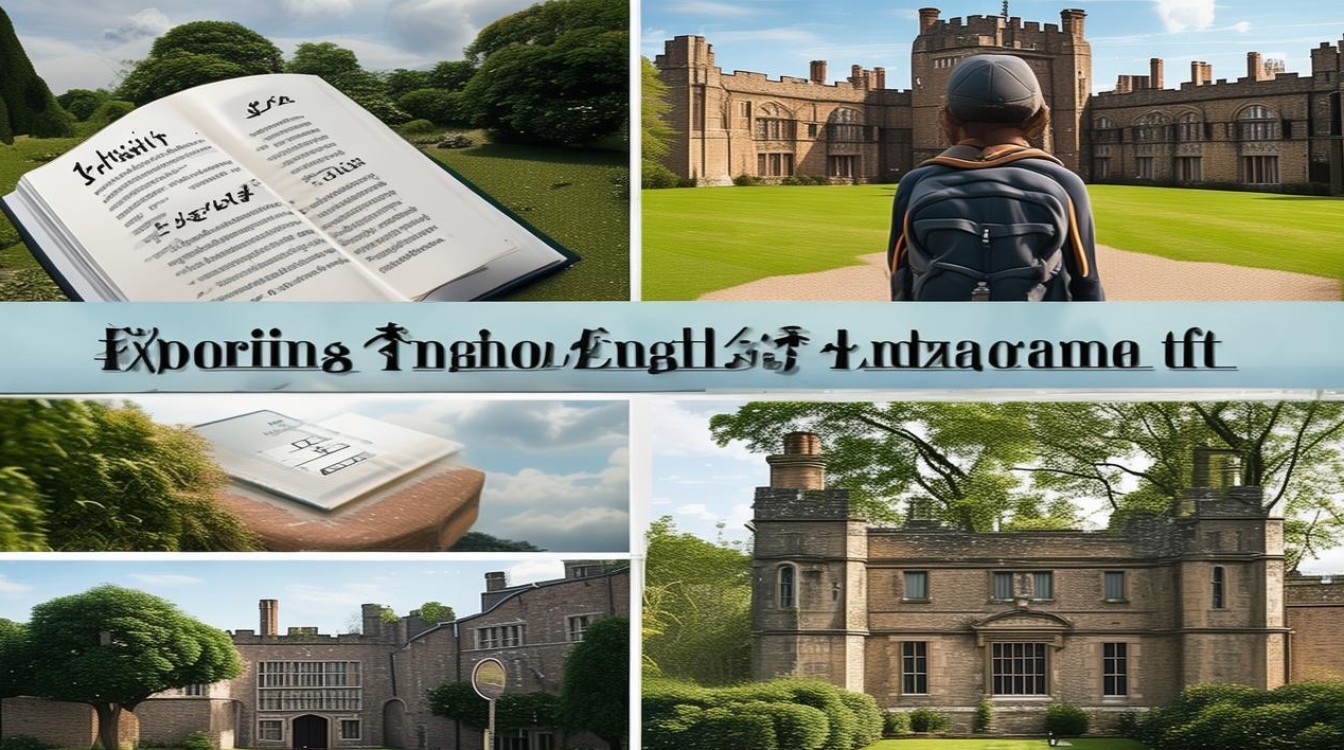When planning a trip abroad or hosting international visitors, knowing how to say "参观" in English is essential. This term, often translated as "to visit," carries nuances depending on context. Here are four precise English phrases to convey the idea of "参观" effectively, along with usage tips and cultural insights.

Visit – The Most Versatile Choice
"Visit" is the closest direct translation for "参观." It works for both casual and formal settings, covering places like museums, cities, or historical sites.
Examples:
- We will visit the Louvre Museum tomorrow.
- She visited her grandparents last weekend.
Why It Matters:
"Visit" is neutral and widely understood. For SEO, pairing it with location-specific keywords (e.g., "visit Paris landmarks") boosts relevance.
Tour – Structured Exploration
Unlike a casual visit, a "tour" implies a guided or planned experience, often with an educational or recreational purpose.
Examples:

- They booked a guided tour of the ancient ruins.
- The factory offers public tours every Friday.
Cultural Tip:
In English-speaking countries, "tour" suggests intentional learning. Use it for content targeting travelers seeking curated experiences.
Explore – For Active Discovery
"Explore" emphasizes curiosity and immersion, ideal for adventure travel or in-depth cultural experiences.
Examples:
- We spent the day exploring Tokyo’s hidden alleys.
- The app helps tourists explore local cuisine.
SEO Advantage:
This verb aligns with trending queries like "explore Iceland on a budget," appealing to independent travelers.
Attend – For Events and Exhibitions
While "attend" usually means "参加," it fits "参观" when referring to events, galleries, or temporary exhibits.

Examples:
- Over 500 people attended the science exhibition.
- She attended a private viewing of the art collection.
Precision Matters:
Reserve "attend" for scheduled occasions. Misuse can confuse readers, affecting your site’s E-A-T (Expertise, Authoritativeness, Trustworthiness).
Choosing the Right Phrase
Context determines the best term. For instance:
- "Visit a museum" = General entry.
- "Tour a museum" = With a guide or planned route.
- "Explore a museum" = Self-directed, leisurely engagement.
Grammar Note:
Prepositions matter. Use "visit/tour/explore a place" but "attend an event."
Enhancing Your Content Strategy
To rank well on Baidu and satisfy E-A-T criteria:

- Use Natural Language. Avoid robotic translations. Instead of "Those who want to visit," write "Travelers planning to visit…"
- Incorporate Long-Tail Keywords. Phrases like "best time to tour the Great Wall" attract targeted traffic.
- Cite Reliable Sources. Reference official tourism websites or cultural guides to establish authority.
Language bridges cultures. Whether you’re a traveler drafting an itinerary or a business welcoming global clients, these four words—visit, tour, explore, attend—unlock clearer communication. Master their nuances, and your content will resonate with both search engines and human readers.
As a website owner, prioritizing accurate, user-focused translations builds trust. Keep refining your language choices, and your platform will become a go-to resource for cross-cultural guidance.



